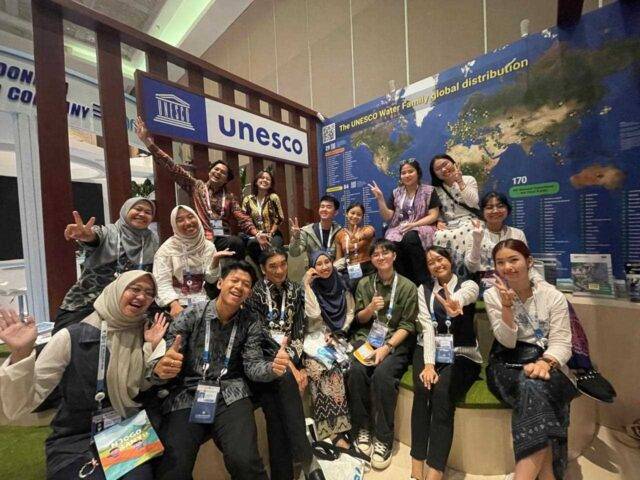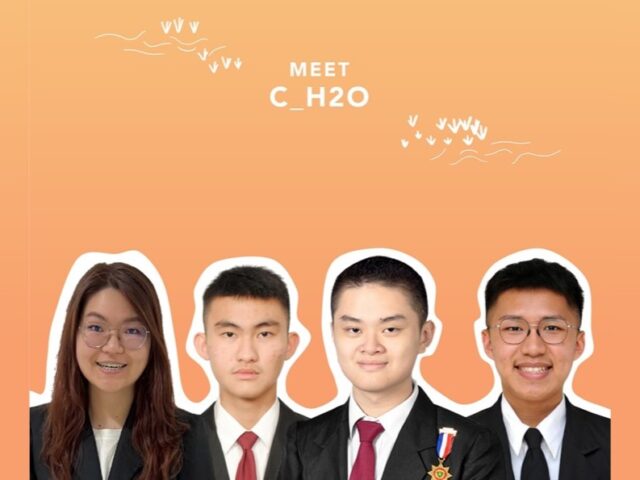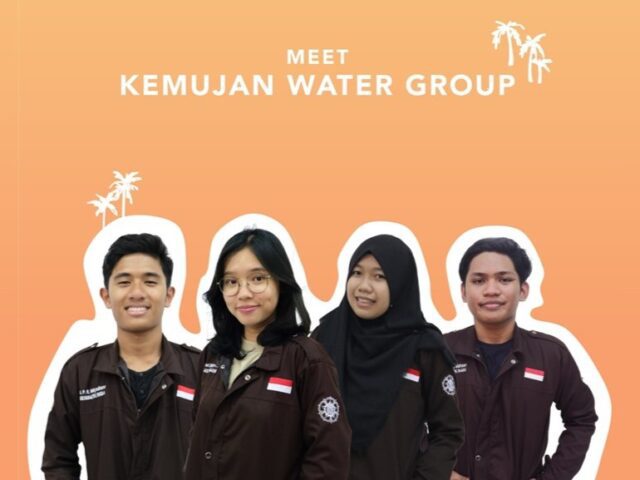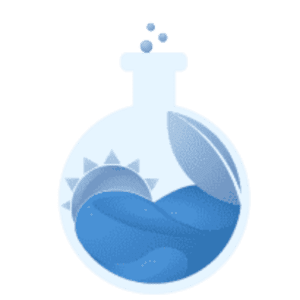PROJECT BACKGROUND
Context
The Njogo Banyu project, inspired by Ki Hajar Dewantara’s philosophy that “All places are schools, and everyone is a teacher,” unfolds in the Merapi-Merbabu-Menoreh Biosphere Reserve, a UNESCO site in Indonesia. The initiative primarily benefits elementary school students from grades 4 to 6, who have already been introduced to the water cycle, and their teachers. Despite the critical role of Mount Merapi as a water recharge area, the 2010 eruption altered land use, impacting water quantity and quality. This change has gone largely unnoticed, a reflection of the “environmental amnesia” that plagues the young, disconnecting them from nature and its value. The project aims to bridge this gap, enhancing awareness and capacity among students, who are seen not just as beneficiaries but as active participants in environmental stewardship.
Project Location

Purworejo, Merapi Mountain Area, Merapi-Merbabu-Menoreh Biosphere Reserve, Indonesia
Image source: BKSDA Yogyakarta
Main Beneficiary
Elementary school students from SDN Purworejo (10-12 years old)
Problem Statement
Mount Merapi’s altered land use post-eruption has led to ‘environmental amnesia’ among youth, disconnecting them from nature and impacting water resources, which the Njogo Banyu project aims to address by enhancing environmental awareness and stewardship among students.
PROJECT IMPLEMENTATION
Objectives
In the wake of Mount Merapi’s eruption, the subsequent land use changes have precipitated a phenomenon known as ‘environmental amnesia’ among the younger generation. This disconnection from the natural world has had a detrimental effect on the region’s water resources. The Njogo Banyu project seeks to counteract this by fostering a greater sense of environmental awareness and stewardship in students, thereby reconnecting them with the vital importance of nature in their lives and the broader ecosystem.
Project Approach and Methods
The project aims to foster water conservation awareness through a structured program involving five key activities: (1) Water Conservation & Resources Scavenger Hunt, (2) Maps a Park, (3) Let’s Become a Scientist, (4) Sharing Session with Teachers, and (5) Publishing an Activity Book. It targets both students and teachers, integrating various learning frequencies to enhance the educational experience. The first to the third activities were conducted through a field trip to Desa Wisata Pulesari, where the students and teachers got to learn-by-play in the nature. The initiative also involves a Pledge for Water Conservation by the students.
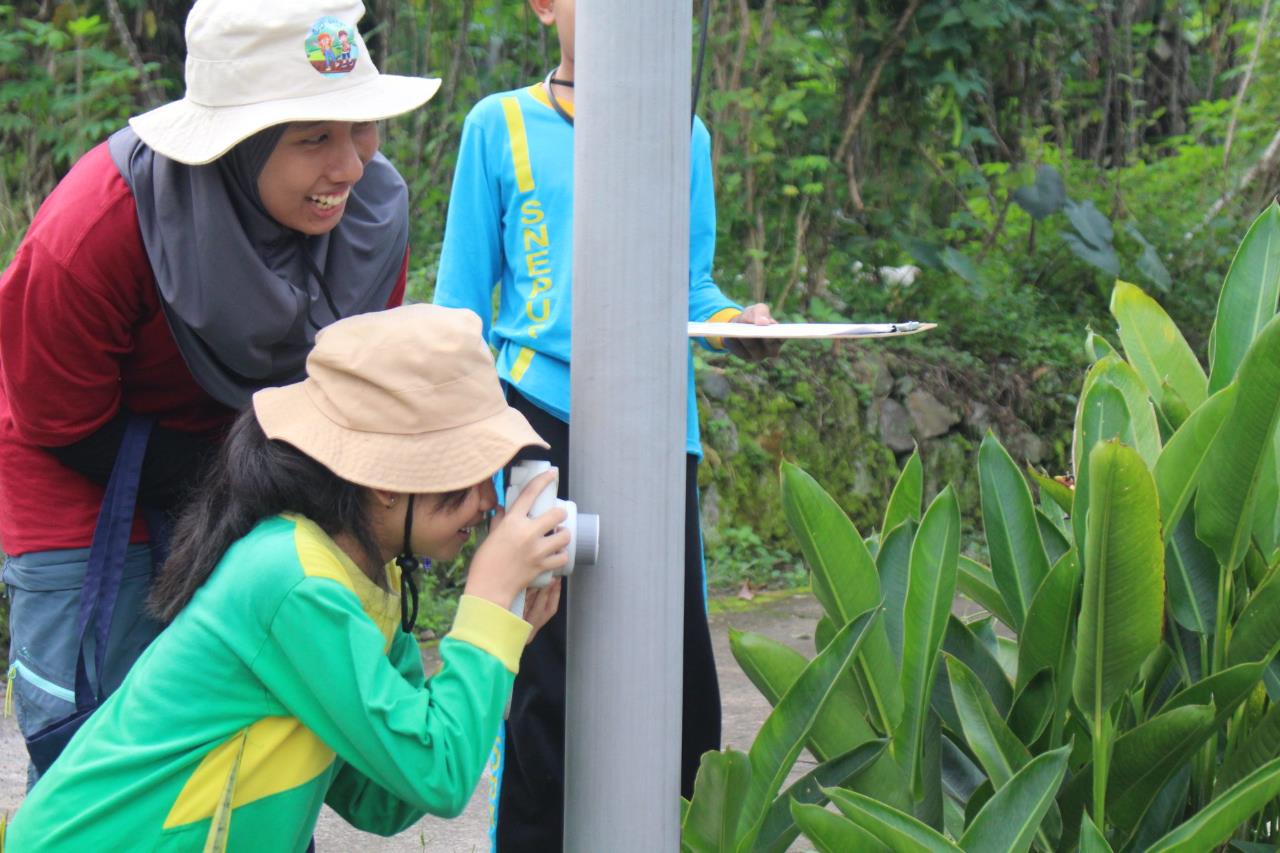
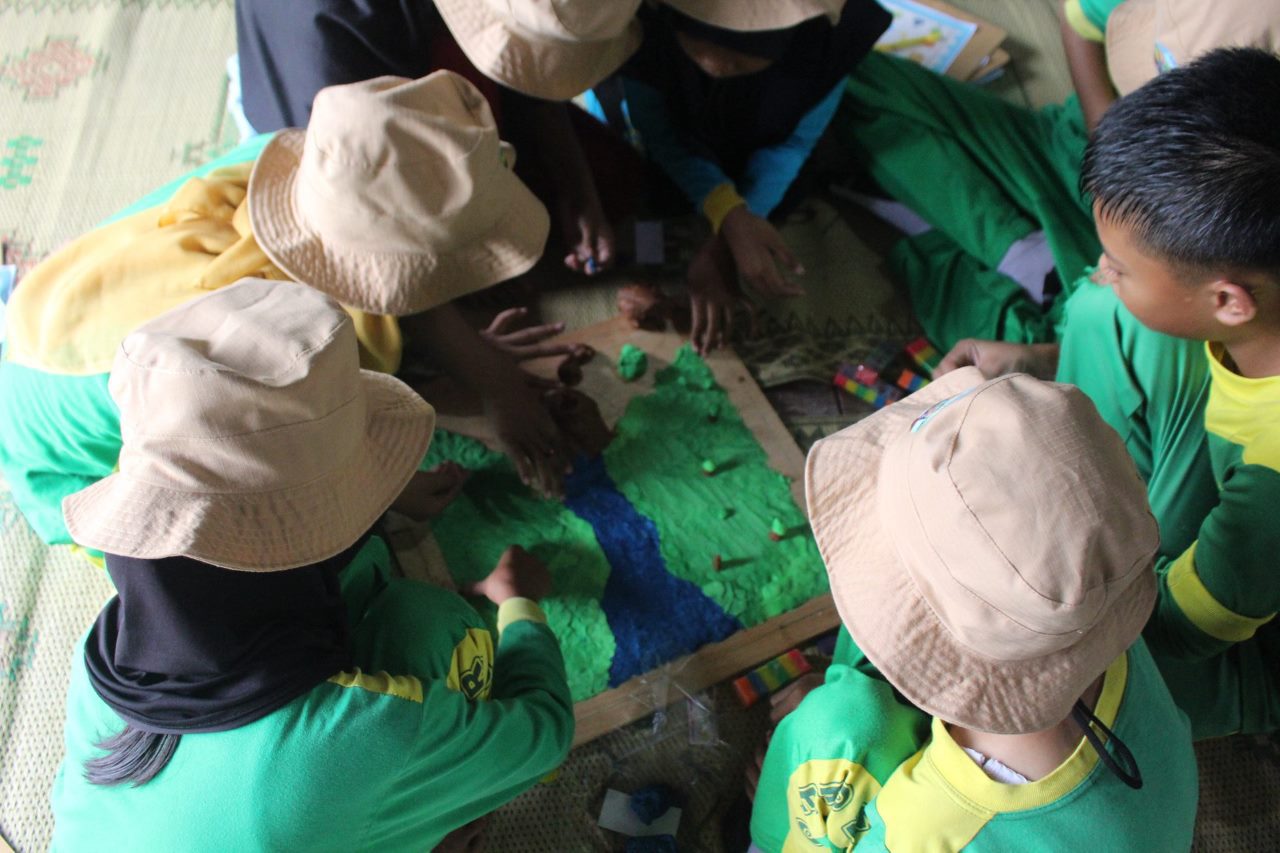
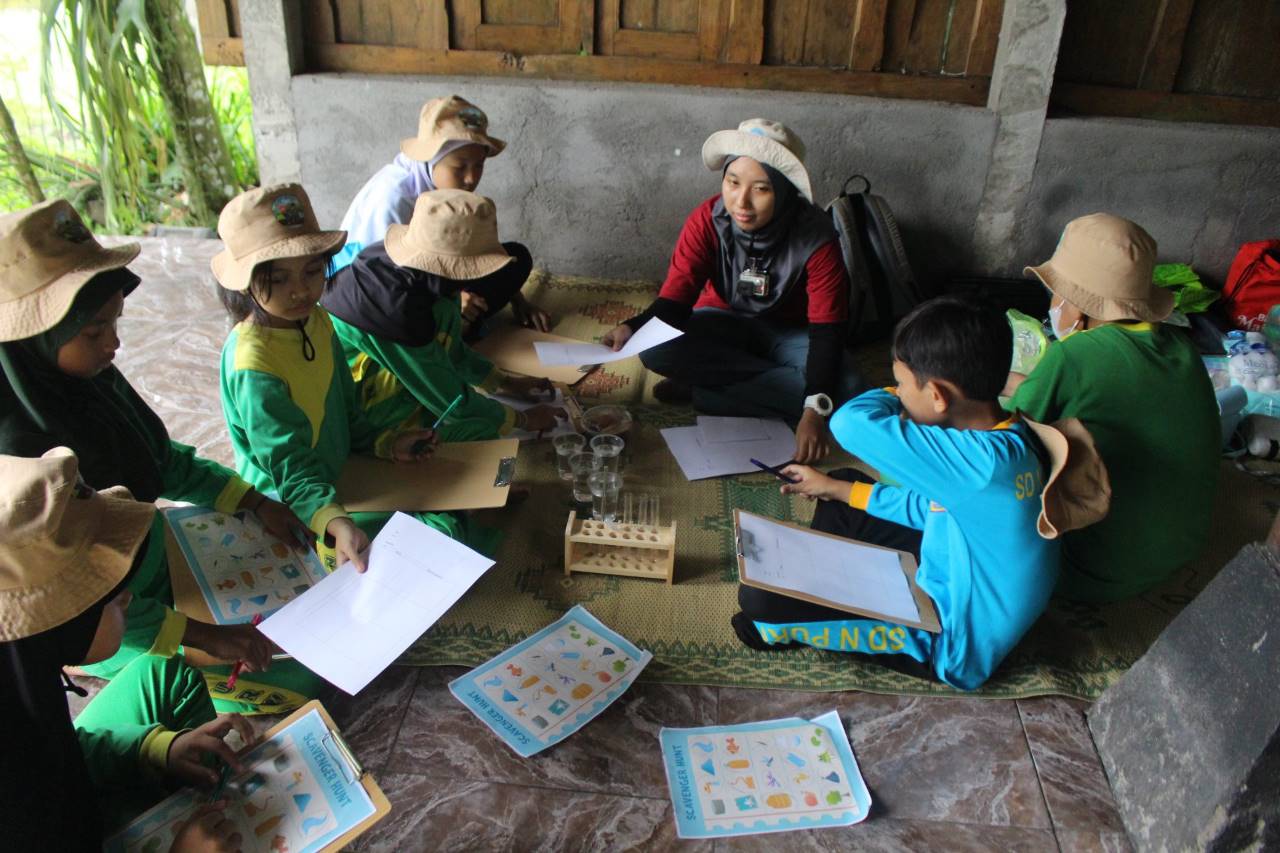
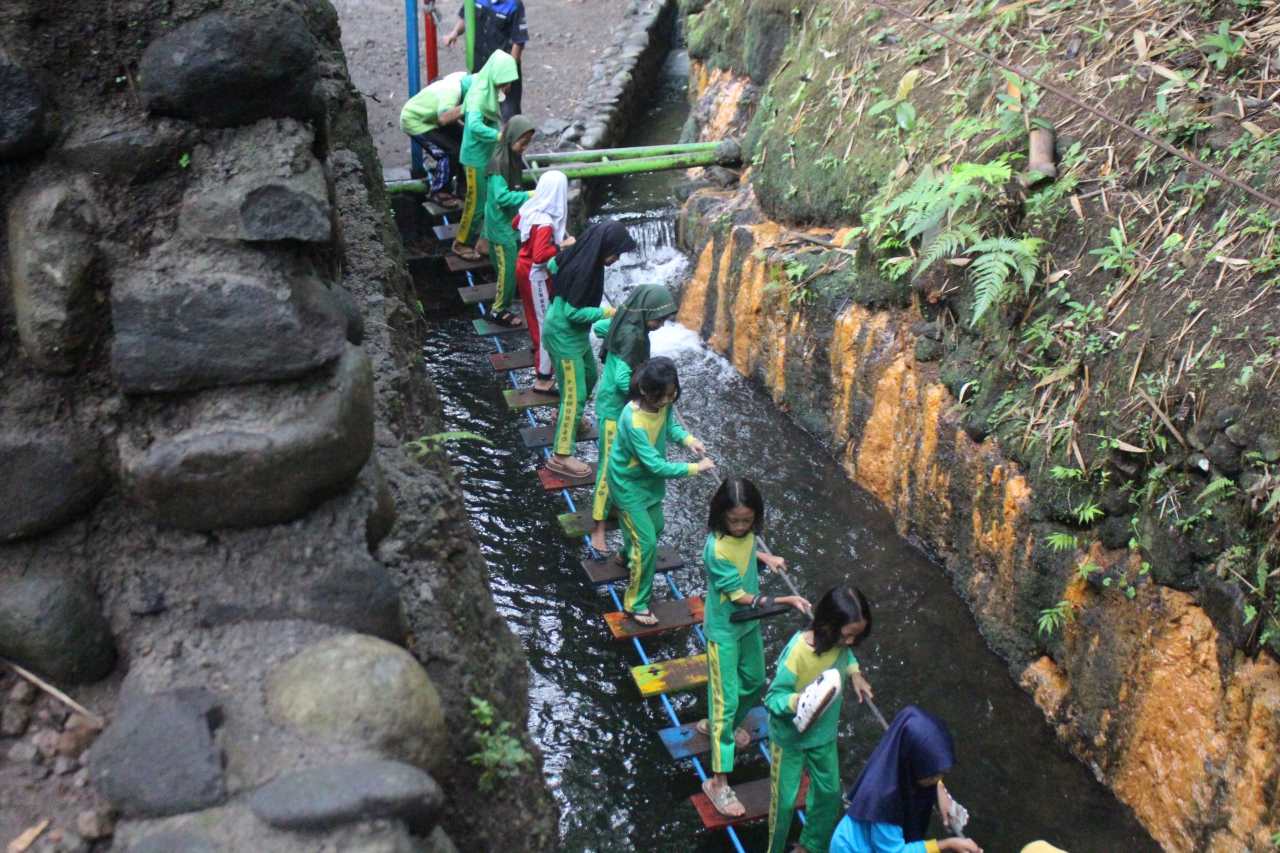
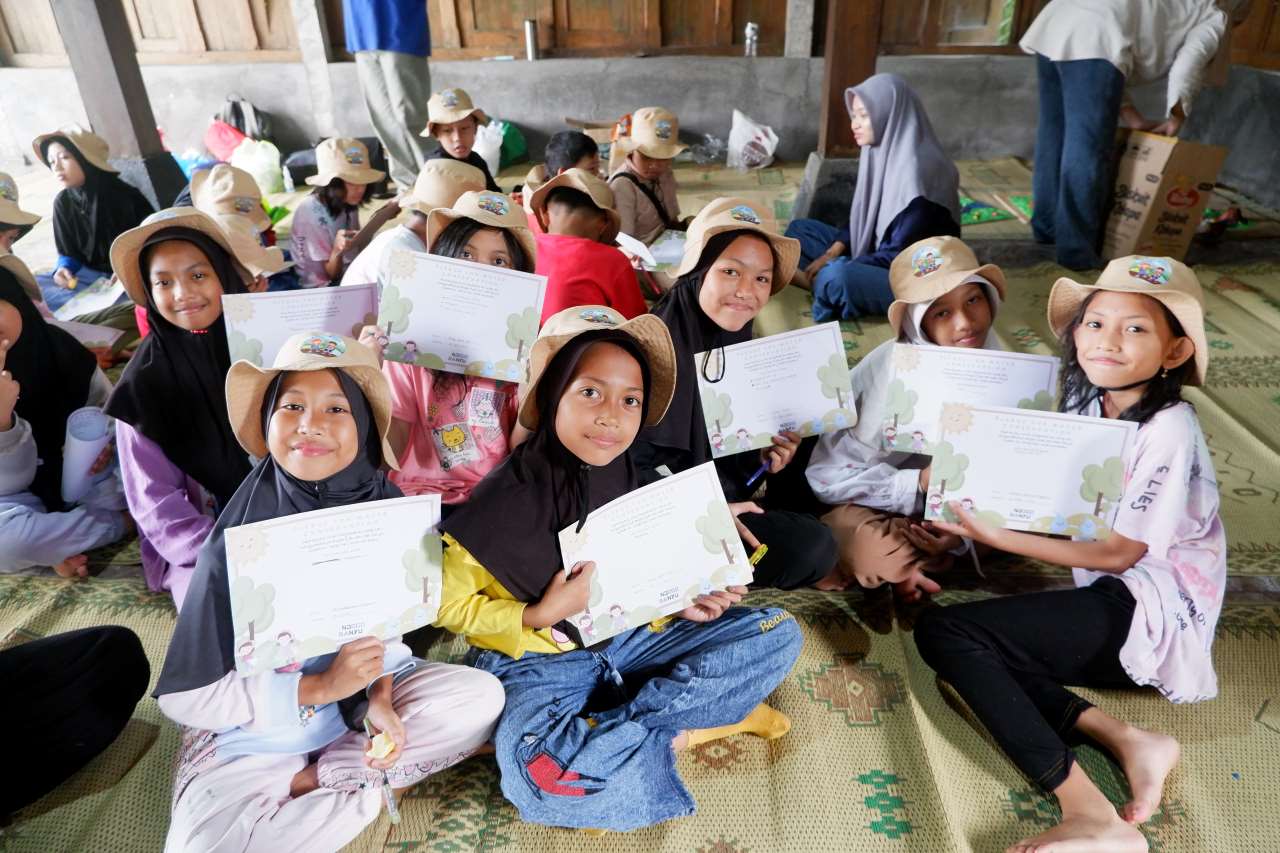
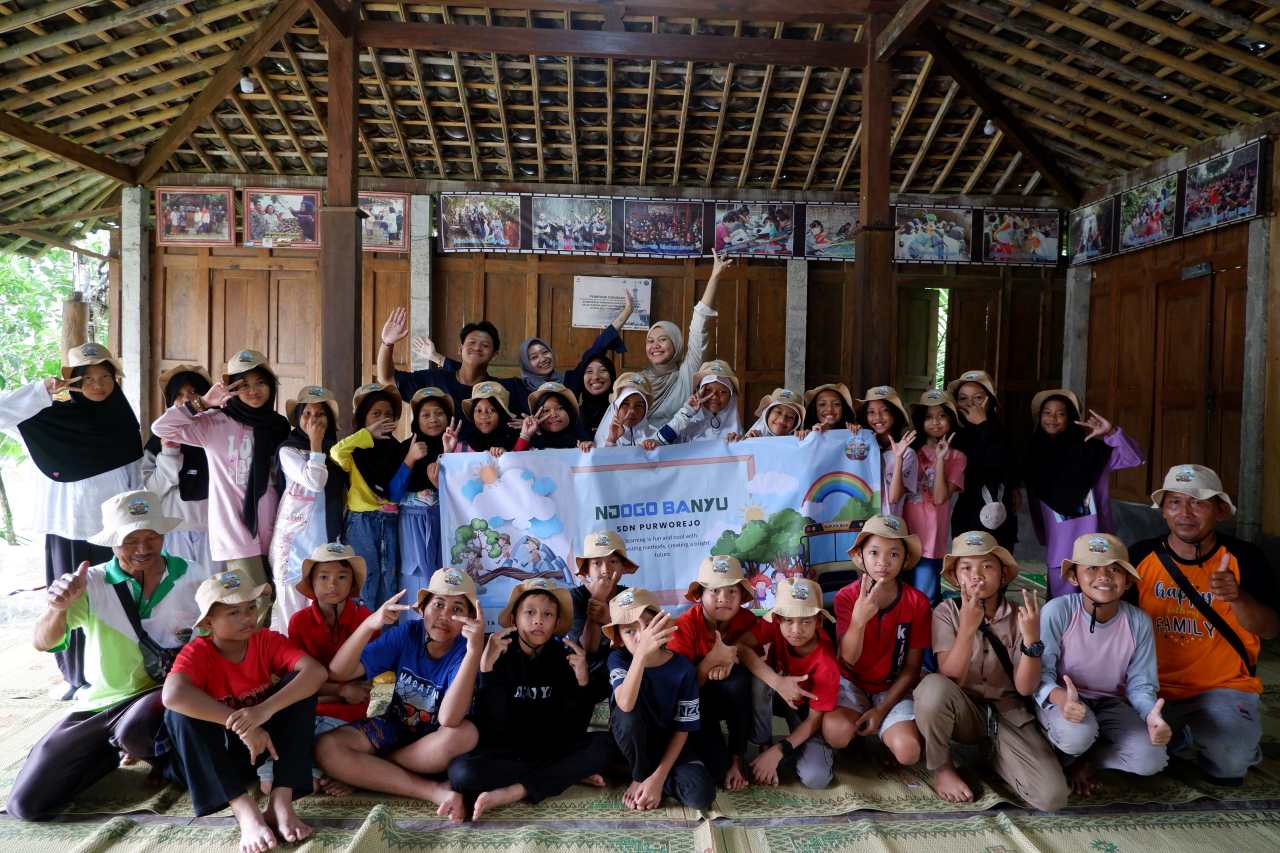
Key stakeholders include SDN Purworejo, Desa Wisata Pulesari, Radar Jogja, an illustrator, and the Islamic University of Indonesia. Engagement with these partners has been positive, except for limited interaction with local media.
Project Results and Outcomes
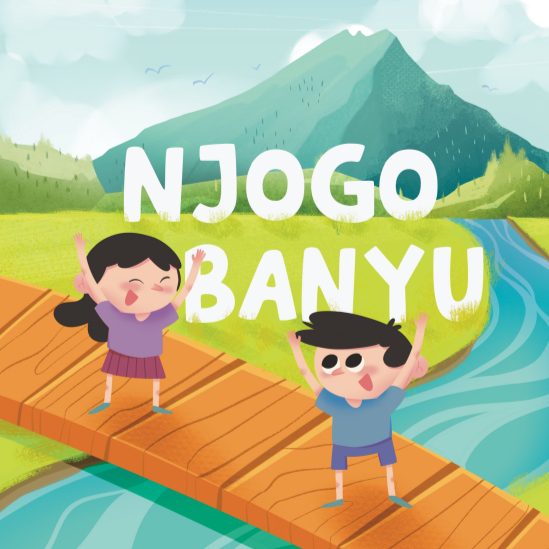
The project yielded an increase in water conservation knowledge among students, obtained from the pre-test and the post-test assessments. The project also ensured its sustainability through teacher training and the digital availability of the “Njogo Banyu” activity book as an open-source educational resource.
Project Highlights
See Tim Banyu’s project highlights below:
PROJECT PARTNERS
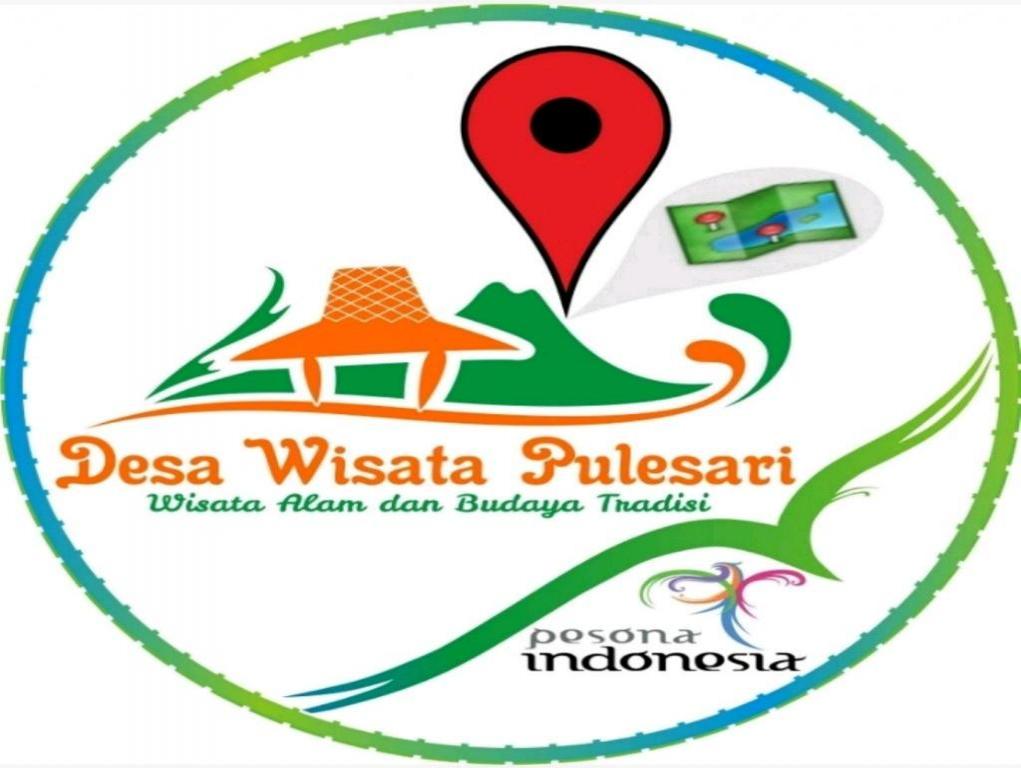
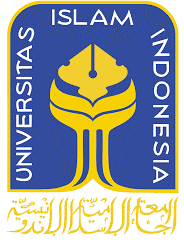
ABOUT TIM BANYU
Amidst the academic spirit of Islamic University of Indonesia, “Tim Banyu”, a group of enterprising Indonesian youths, discovered a transformative opportunity under the guidance of a dedicated university lecturer. This narrative unfolds as these young talents, hailing from backgrounds in environmental engineering and architecture, embark on a mission to contribute towards climate action, specifically to help their communities through the UNESCO Water Resilience Challenge 2024.
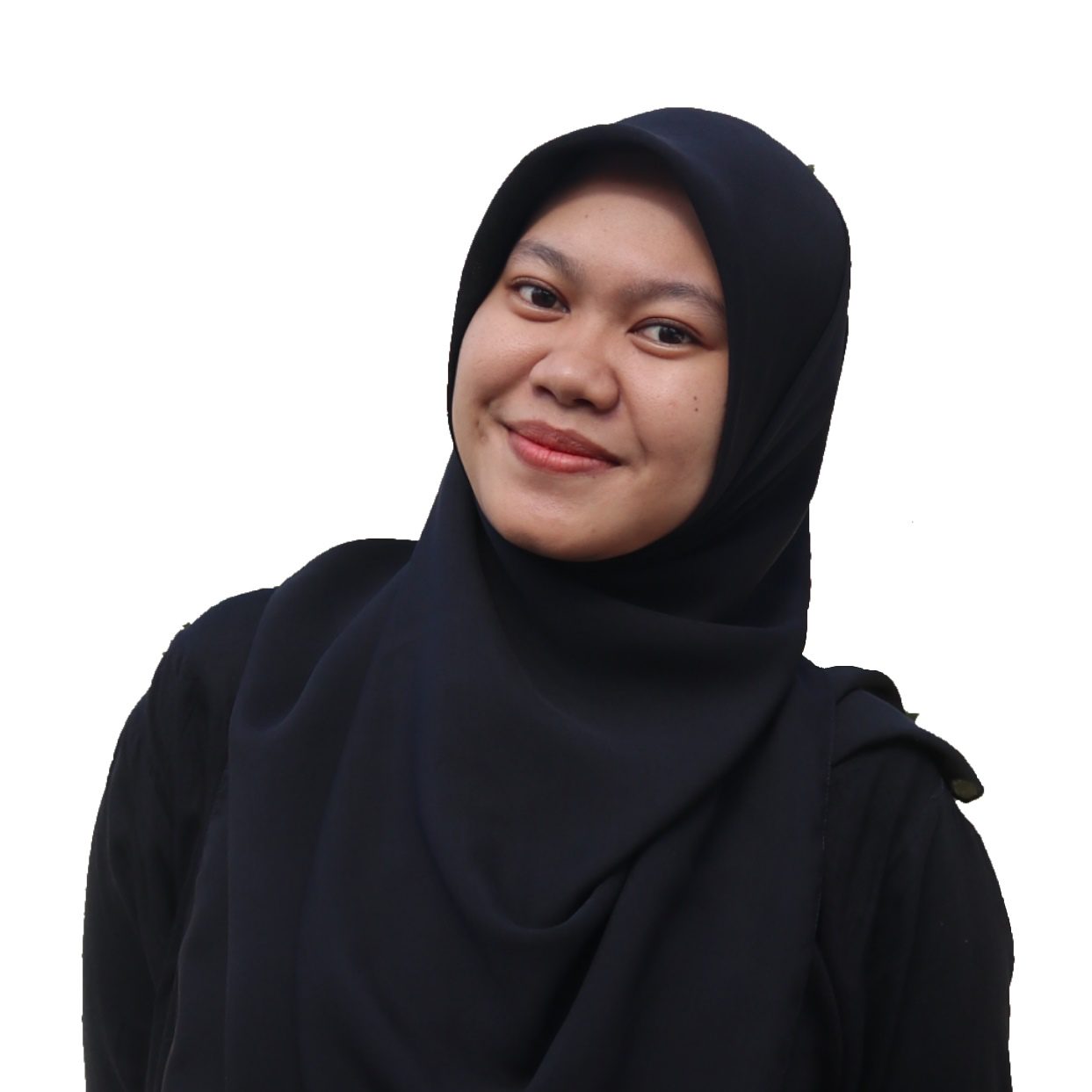
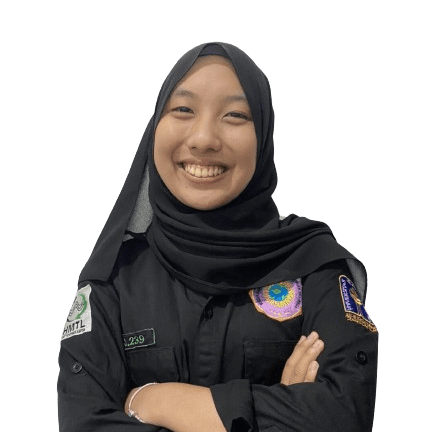
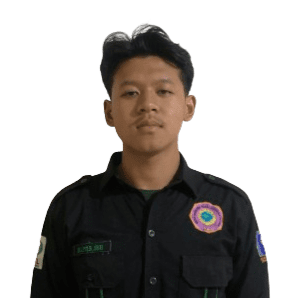

Tim Banyu’s Social Media:


